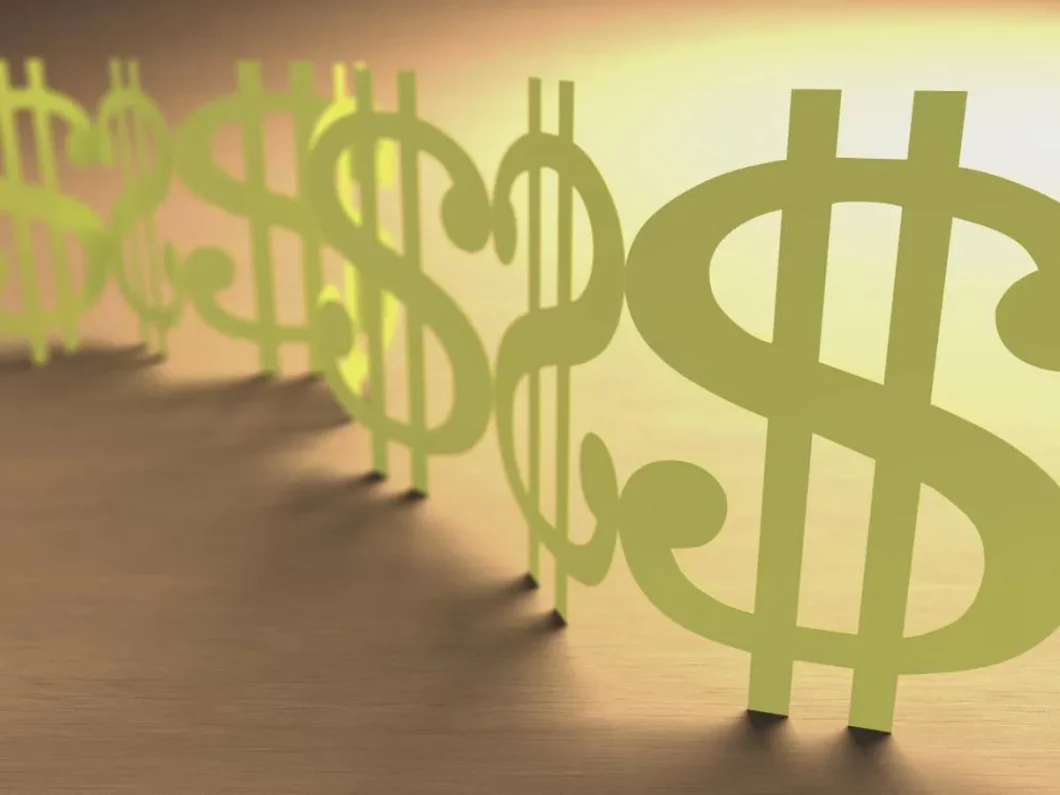As the year draws to a close you may find yourself reflecting on some of the decisions you made in 2021. As you look back on a year that was no doubt riddled with highs and lows it’s also important to evaluate your choices and note the ones which worked for you. Many of these decisions may be financial in nature, some regretful while others may have yielded fruitful results. The objective, moving forward, is to capitalize on the things which worked and tweak the ones which didn’t or get rid of them altogether in order to secure a more favourable result.
Below are some of the money strategies you might want to consider leaving in 2021.
Accumulating unsustainable debt:
Unsustainable debt is broadly defined as a situation where the borrower isn’t earning enough to comfortably repay their loans while maintaining their everyday expenses. So, for example; many persons may have been in situations where they were laid off or asked to take a salary cut. A poor money strategy, in this case, would be using your credit card or getting a pay-day loan to fill the gap in your usual expenditure. The problem is that you fall into the trap of feeling like everything is normal when you are really plunging yourself deeper into unsustainable debt. This is the kind of money strategy you may want to leave in 2021. A more prudent decision would be to re-evaluate you’re living expenses and cut back where you can to ensure that you are living within your means. According to the Federal Reserve Bank of New York, US household debt climbed to a new record of $15.24 trillion between July and September.
Eroding savings/investments:
It is difficult to stick to the budget in a climate where the prices for your regular grocery items change every month. Similarly, expenses on other things like home renovations and healthcare services have been more dynamic than ever before. A big part of this is the inflationary pressure we felt throughout 2021 which is likely to continue well into 2022. If you’re not vigilant you could find yourself buying the same items each month but spending significantly more over time, leaving less money for savings and investments. That’s another kind of money strategy you should consider leaving in 2021. Careful attention must be placed on revising and updating the budget. This is important because sometimes consumers find that they are spending on certain items which they no longer need but still purchase because it is on a list. At the same time, the updating mechanism allows for a better balance for the income to expenditure ratio which ensures that your savings and investments are secured.
Wait and see:
The uncertainty of the coronavirus pandemic has led to many consumers taking a wait and see position. Many persons have opted to keep their money in savings rather than invest it in securities and bonds. This trend is noticeable in the bond market where long-term notes were less favourable than short-term notes. It is clear that consumers prefer to access their cash readily when they need it especially in times of crisis. However, this kind of money strategy doesn’t do much good for the consumer and perhaps should be left in 2021. Put simply, money sitting around in a savings account can easily be seen as burning cash. Conversely, money invested is cash that has been put to work which will redound to the benefit of the consumer. To find balance, you may want to consider bolstering your emergency savings which should be separate from the money you set aside for investments.
Panic Buying:
One of the hallmarks of the coronavirus pandemic is panic buying. This has led to consumers hoarding vast amounts of grocery items that they do not need or may ever need at all. It is fuelled by the fear that commodities that we have become accustomed to having might become less available overnight. As a result, some consumers throw their budgets out the window and stack up on regular items in volumes that are disproportionate to their actual needs. In the long run, consumers are at risk of becoming bankrupt when other expenses like utility bills place added pressure on their income. This particular money strategy should be left in 2021 and a more sustainable solution explored, especially since the novel coronavirus is likely to be with us for an undetermined time.
Helpful tips? Let us know in the comments

